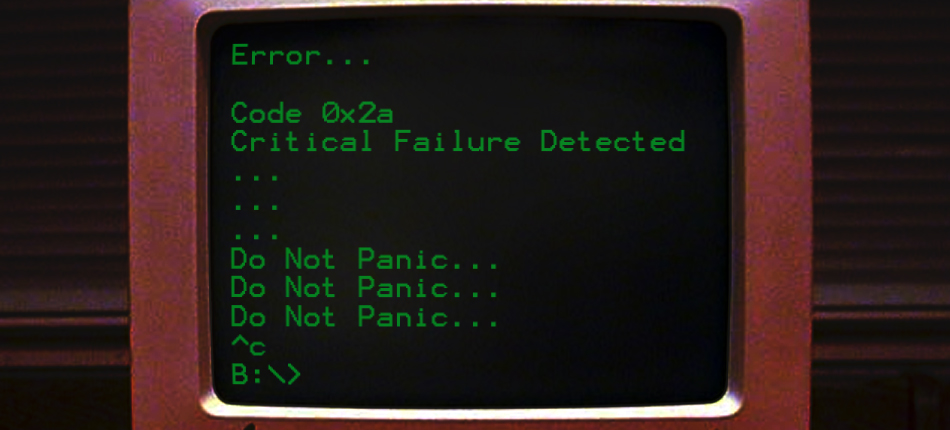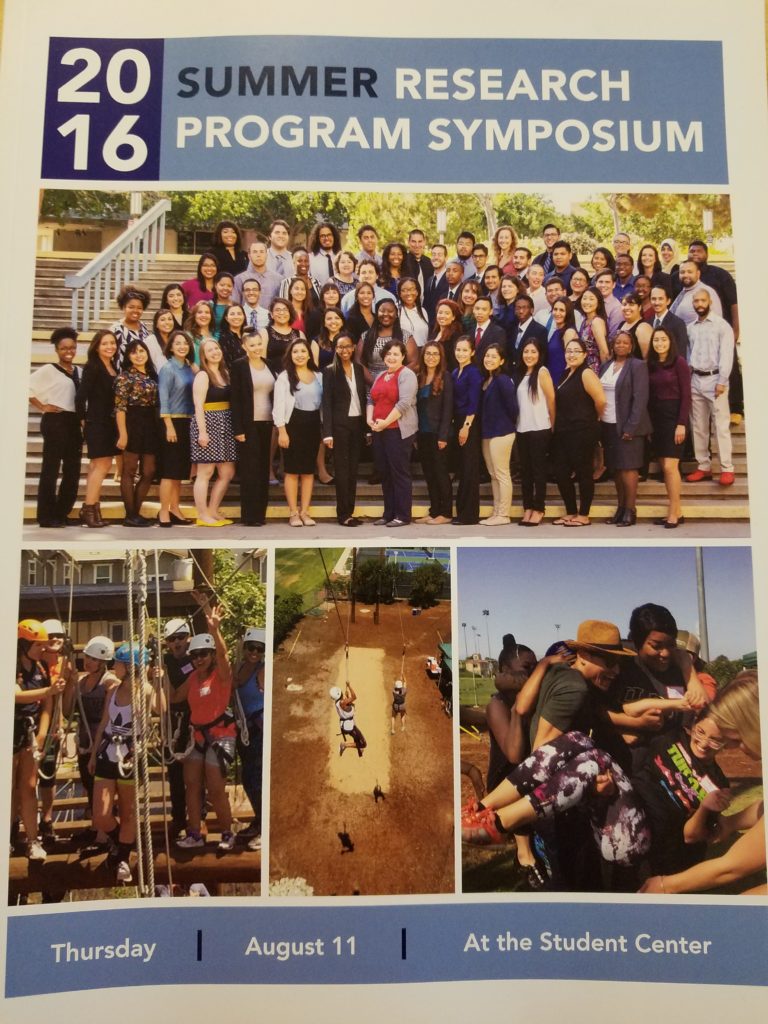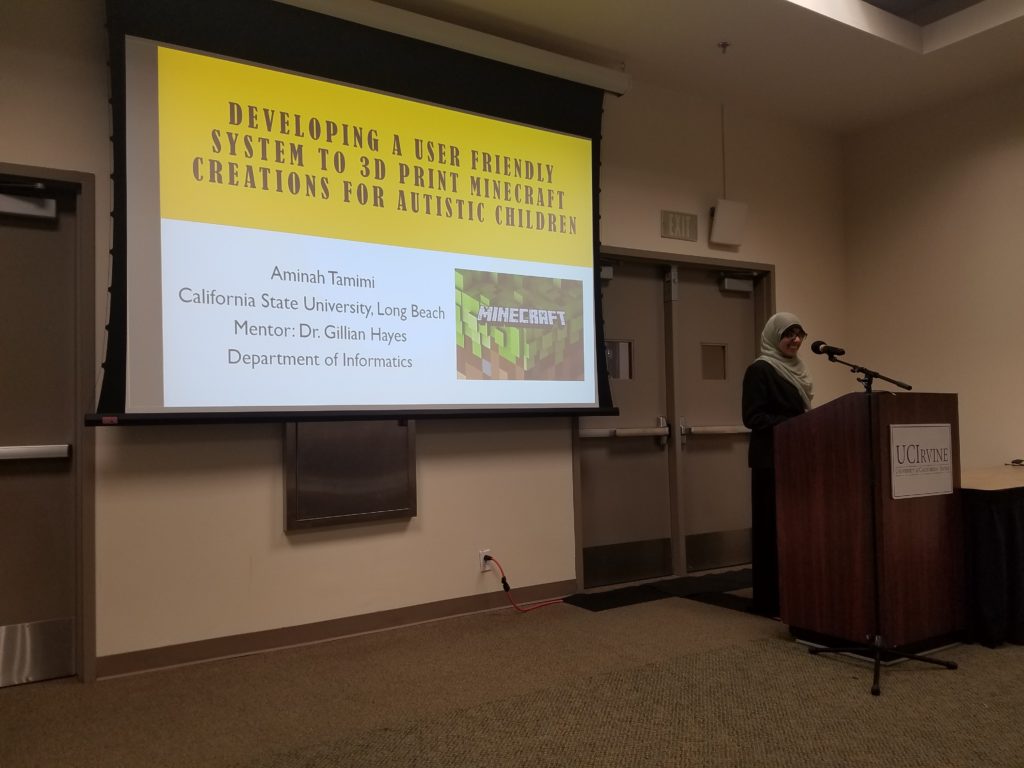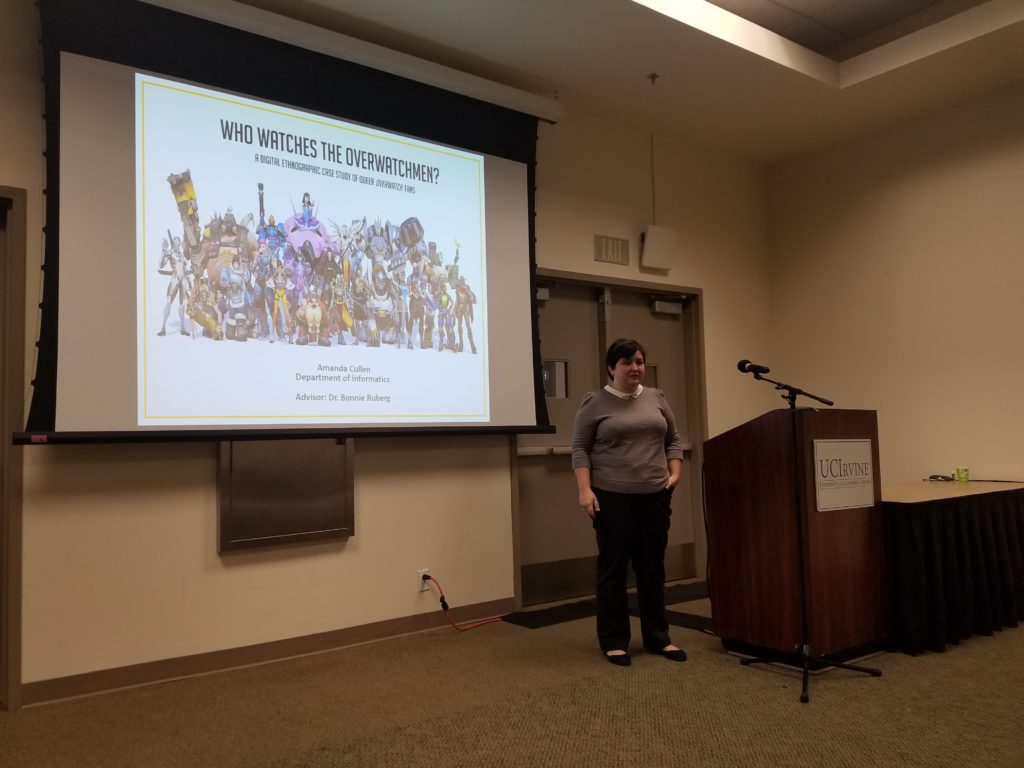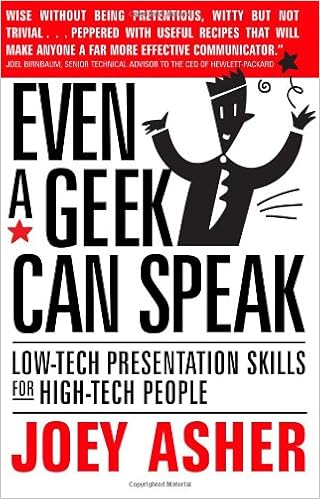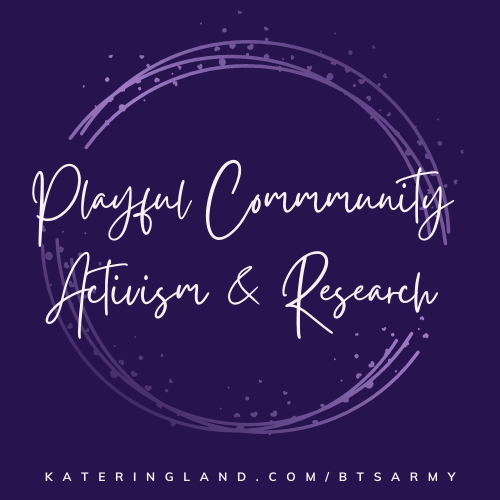At Northwestern University, I am a NIH Ruth L. Kirschstein National Research Service Award Postdoctoral Fellow in the Multidisciplinary Training Program in Digital Mental Health, funded by the T32 Institutional Grant at the NIH. Yes, I realize that’s a lot of words, so I will take this blog post to break that down a little bit. This is especially foreign for HCI scholars, where postdocs are mostly funded under project grants.
What is the T?
In the medical sciences, such as Psychology, it seems that additional training after earning a PhD via a postdoc is much more the norm than it is in fields such as HCI (although with the academic job market being what it is, postdocs are just becoming more common across the board). NIH has a number of grants for scholars to apply to at the various stages of their careers. Briefly, these are:
- Training Grants such as the K and T
- R
- P50
They even have a handy infographic of how this breaks down over a career.

Basically, the grants are set up such that when you graduate with your PhD, you have a T lined up to do for up to 3 years. Then, while working in the T, you are applying to your K. The K then gives additional mentorship and training years as you transition into independent faculty. Finally, as you advance in your career, you are well-set up to apply to larger grants, such as the R01.
The T32, specifically, are training grants that include research activities with mentors, as well as training in grant writing, publishing, and career planning. Teaching is not an expected part of early career training, under these programs.
So, what’s an HCI scholar doing in a T?
As a part of the Multidisciplinary Training Program in Digital Mental Health, I am on an interdisciplinary team of researchers from Psychology and Human-Computer Interaction (HCI). Not only am I working with two mentors, one from Psychology (David Mohr) and another from HCI (Madhu Reddy), but also with 3 other postdoc trainees.
Two of the postdocs are from fields in Behavioral Health and two of us are HCI-oriented. We are then able to cross-train each other in our respective disciplines. We are also working closely together on projects, often with a Behavioral Health lead and an HCI lead. This gives us a chance to learn enough of another discipline to work on these projects, have some publications in venues appropriate to each field, and widen our breadth of our research.
This training grant is also an opportunity to know our own discipline more deeply by having to teach outsiders some of the nuances and our language. This has been especially enlightening to compare publication cultures, with HCI being a field that values our conference papers as compared to Behavioral Health, which is journal-oriented.
This postdoc fellowship has been a unique experience for me, as an HCI scholar. I am learning how to work on interdisciplinary teams, find common ground, and bridge our scholarly work in order to meet our shared goals.

